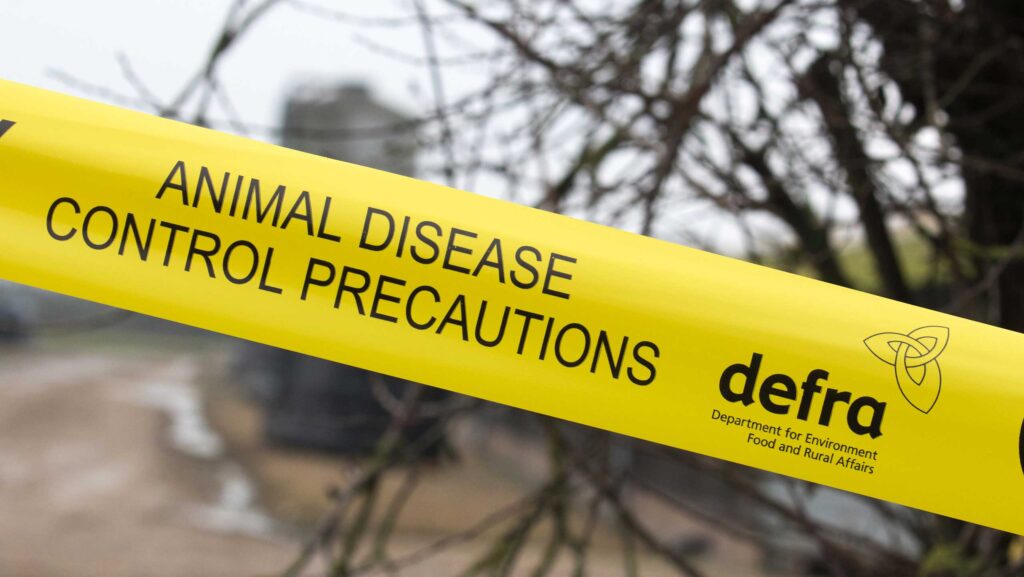Calls mount for GB-wide poultry housing order as bird flu accelerates
 © Tim Scrivener
© Tim Scrivener Pressure is mounting for an immediate GB poultry housing order, following a spate of avian influenza cases over the past week.
Latest notifications from the Animal and Plant Health Agency (Apha) show there were four more cases last weekend alone.
These involved 68,000 free-range layers near Bedale in Yorkshire, 32,000 free-range layers near Penrith in Cumbria (the second outbreak in the area since 18 October), and 33,000 fattening turkeys near Lakenheath in Suffolk.
See also: Wild bird tracking data aims to to help manage avian influenza
There was also an outbreak on Saturday (25 October) in a 32,000-bird free-range laying hen unit near Cynwyd, Denbighshire – the first in Wales during the current avian influenza “season”, which started on 1 October.
The usual 3km protection zones and 10km surveillance zones have been put in place around all these cases, and all birds are being culled.
The latest surge in highly pathogenic avian influenza – which also wiped out a 300,000-bird barn egg unit in Cheshire in mid-October – is raising concerns across the whole sector.
British Free Range Egg Producers Association (Bfrepa) spokesman Gary Ford said: “This is distressing for the families involved and concerning news for the UK poultry sector, particularly for those poultry businesses in the immediate area of the outbreak.
“In light of the escalating situation and the growing risk of disease transmission, we are calling for an urgent housing order to be implemented across Great Britain.
“While housing measures alone cannot eliminate the risk, they are a critical step in reducing exposure and limiting the spread of this aggressive disease.”
Bfrepa is also urging all poultry producers to maintain high standards of biosecurity at all times and to report any suspicion of disease immediately.
“These actions, combined with housing measures, will be pivotal in containing and ultimately eliminating this outbreak,” said Mr Ford.
Defra would not be drawn on whether it is considering a housing order, simply insisting it has “measures in place to limit the spread of the disease”.
“We act quickly to cull all poultry on infected premises to stop the risk of the disease spreading and to protect Britain’s food security,” said chief veterinary officer Christine Middlemiss.
Wild birds situation
The increase in bird flu cases coincides with a sharp rise in the number of wild birds found to be carrying the disease.
According to Apha figures, last week alone some 30 of the 82 wild birds found dead in GB tested positive for avian influenza, equivalent to 36%.
This was up from 7% in the whole of September.
Producers are urged to report any suspicions of avian influenza as soon as possible – not least because any government compensation is based on the number of birds still alive at time of confirmation of the disease, so delay can affect any payout.
Northern Ireland strengthens controls
Northern Ireland is set to implement an avian influenza prevention zone from Saturday 1 November, placing a legal requirement on all birdkeepers to follow strict biosecurity measures.
The move, coming in the wake a confirmed case of H5N1 avian influenza at a commercial poultry premises outside Omagh, County Tyrone, includes a requirement that wild birds have no access to the food and water available to poultry flocks, and introduces mandatory rules on cleansing and disinfection.
Brian Dooher, chief veterinary officer for Northern Ireland, said: “I would encourage all flock keepers, even if you keep just one bird, to review and reinforce your biosecurity to prevent an incursion of the disease into our poultry flock.”
